Chevrolet Cruze Diesel Myths Explained by Automaker

A battle that almost seems to have fought it self, selling diesel cars in the U.S. used to be little more than a fool’s errand for most automakers, but that is quickly changing with companies competing to catch up with the trend.
“Small displacement diesel engines could fill an important niche in Chevrolet’s diverse four-cylinder lineup,” said Mike Weidman, Cruze Marketing Manager. “We recognize this technology’s considerable appeal, particularly with young male car buyers, and we are ready to win them over with quality, torque and fuel economy.”
German companies like Volkswagen long offered diesel options to North American consumers, but oil-burners were otherwise scarce outside the heavy duty truck market. Rising gas prices and the rush toward more efficient cars is finally changing consumer opinion, but Chevrolet isn’t convinced that buyers are educated enough on Diesels.
To combat that, the automaker is trying to debunk five myths about diesels that it says are common misconceptions in advance of the diesel Chevrolet Cruze coming to the American market next year. Deciding to offer the globally-marketed sedan in diesel form to American consumers is a big change for the brand that signals a shift in market preference. Diesel sales jumped 35 percent in this year’s first quarter, according to Chevrolet.
“Consumers realize that today’s diesel cars are cleaner, less noisy and faster than they used to be, and have a relatively lower cost of entry than some hybrids and EVs,” said Michael Omotoso, powertrain analyst at LMC Automotive. “Consumers also are more receptive to diesel fuel because of $4 per gallon gasoline.”
The myths, Chevrolet’s rebuttal and our own:
“Diesels are dirty — Advanced emissions-scrubbing technologies make today’s diesels run clean.” It’s true that modern diesel engines are much cleaner than they used to be, but they still release emissions, so calling them clean is slightly misleading.
“Diesels are rough-running — Precisely controlled common rail direct-injection helps today’s diesels run smoothly.” This is true, modern diesel engines are smooth and offer such high torque numbers that they can be surprisingly entertaining from a stop light.
“Diesels are loud — Pilot injection on today’s diesels reduces the combustion pressure spikes that made older diesels ‘rattle.'” It’s a fact, but it’s also true that diesels are still louder than gas cars.
“Diesels don’t start in cold weather — Advanced fuel systems and glow plug control enable today’s diesels to start even on very cold days.” It’s impossible to argue with that. Gasoline engines don’t really have it much easier than diesels anymore.
“Diesel fuel is hard to find — About half of U.S. service stations offer diesel and OnStar can help you find them.” Take the marketing spin out, and you’ve got a totally different message. Only half of service stations carry fuel for your car, and you might need OnStar to help find them.

Luke is an energetic automotive journalist who spends his time covering industry news and crawling the internet for the latest breaking story. When he isn't in the office, Luke can be found obsessively browsing used car listings, drinking scotch at his favorite bar and dreaming of what to drive next, though the list grows a lot faster than his bank account. He's always on <A title="@lukevandezande on Twitter" href="http://twitter.com/lukevandezande">Twitter</A> looking for a good car conversation. Find Luke on <A title="@lukevandezande on Twitter" href="http://twitter.com/lukevandezande">Twitter</A> and <A title="Luke on Google+" href="http://plus.google.com/112531385961538774338?rel=author">Google+</A>.
More by Luke Vandezande














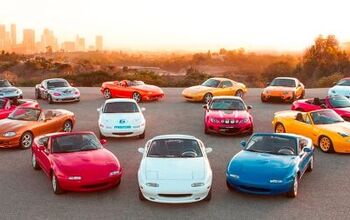

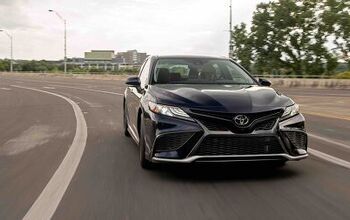
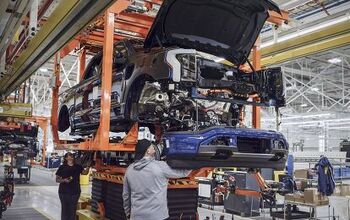
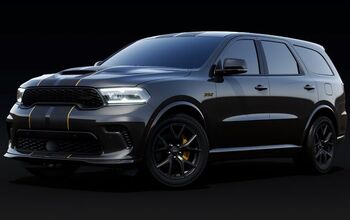
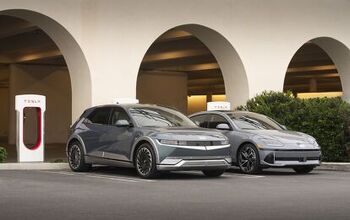
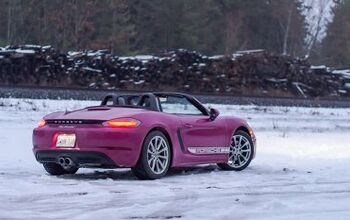
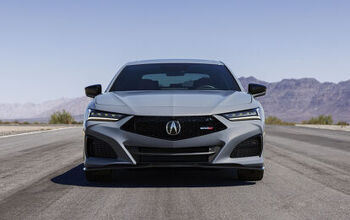
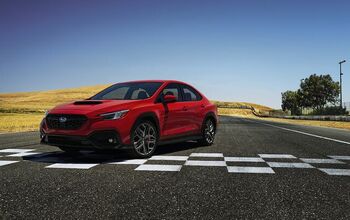
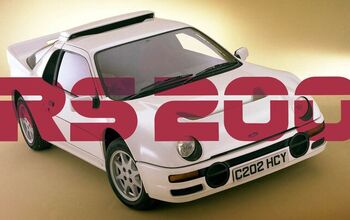

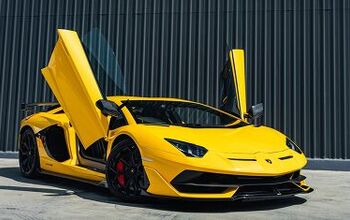

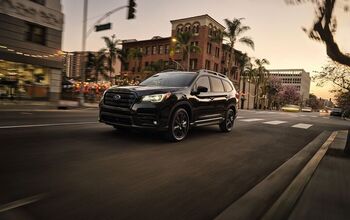
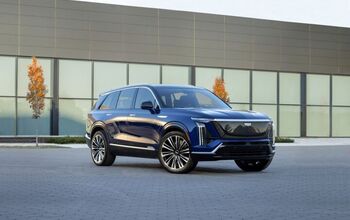
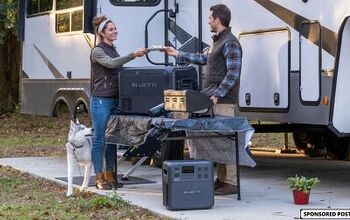

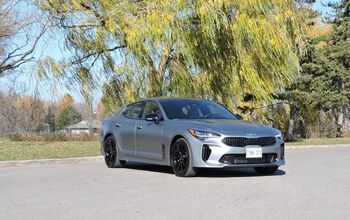
Comments
Join the conversation
Diesel fuel doesn't "phase separate" like that ethanol blended crap in gas engines that our legislature has pushed on us with farm subsidies. That alone should be enough to flip consumers to diesel if they had any knowledge of the internal combustion engine. But the general public is "out to lunch". Europeans are more performance oriented and because of fuel costs there prefer diesels which give them more performance and fuel economy in a small package in their tightly defined cities and urban areas.
diesels............. http://www.aliexpress.com/fm-store/316337/211311429-529456917/2012-hot-sale-VW-Touareg-DVD-GPS-Navigation-Player.html